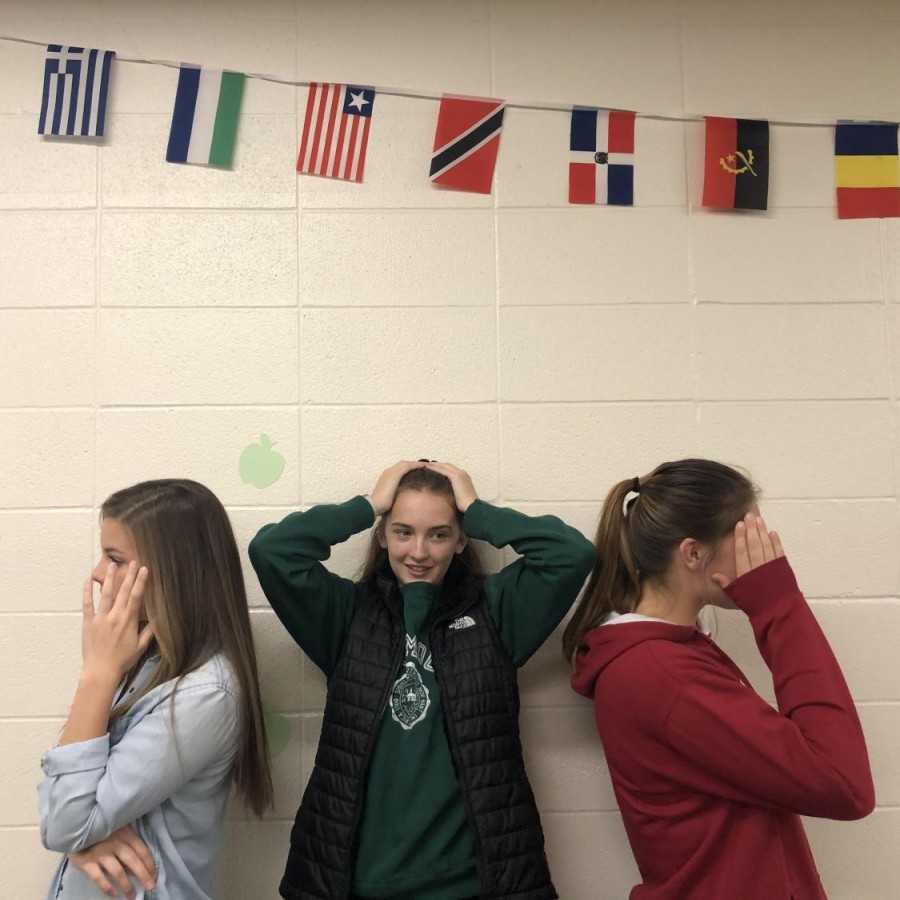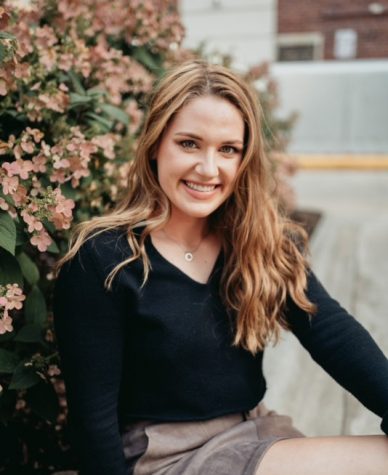On the forefront of an immense political polarization in The United States, many students have become the victims of a lack of effort and thus turn to ignorance as conflicts arise.
A common phrase used by students, particularly during election season, is ‘I hate politics.’ Politics are the activities associated with governmental processes. The fact that citizens are not satisfied with the government reflects not upon politics, but the politicians that are currently holding important offices. Choosing to ignore the frustration will only keep those elected officials in power longer.
Sophomore, Abby Buechel, is among the many who feel frustrated during election season. “The arguing between different sides and the constant disagreement between students during this time is annoying. I don’t really think much about politics,” she said.
According to a Washington Post-ABC News poll, three in four Americans are dissatisfied with political processes, yet the voter turnout in the 2016 presidential election was less than 60%. Citizens are not showing up to vote, even though it is clear they are not happy with the current political atmosphere and elected officials.
Citizens desire change but they are too lazy to create it.
Aside from the commonly held belief that politics has become corrupt and unfair, students are not taking the time to educate themselves about current issues. Idleness and a lack of passion have taken over the youth of this country.
When conflicts arise, effort is required to learn, develop a belief, and form a conclusion. Even when students form those beliefs, they often fall short in standing up for them. Buechel chooses to refrain from sharing any of her opinions because of the negative judgement she could receive.
Political polarization has created a bipartisan divide. Students feel they have to choose the right or the left, and this pressure is causing them to ignore the problem completely. Politics have shifted from supporting a candidate or an idea, to supporting a party and only the stereotypes associated with that party.
Forming opinions is inevitable; it will happen no matter the circumstance. Students do not hate politics; they lack the effort to stand up for what they know they believe.
Jeff Meyers, a history teacher at Pleasant Valley believes this generation can break this pattern. “I am hopeful that students today are sensing the importance of this election and the need to participate,” he said.
This generation will be a reflection of the future, and it all starts with the ballot.









